Scientific Committee
Meet the scientific committee members
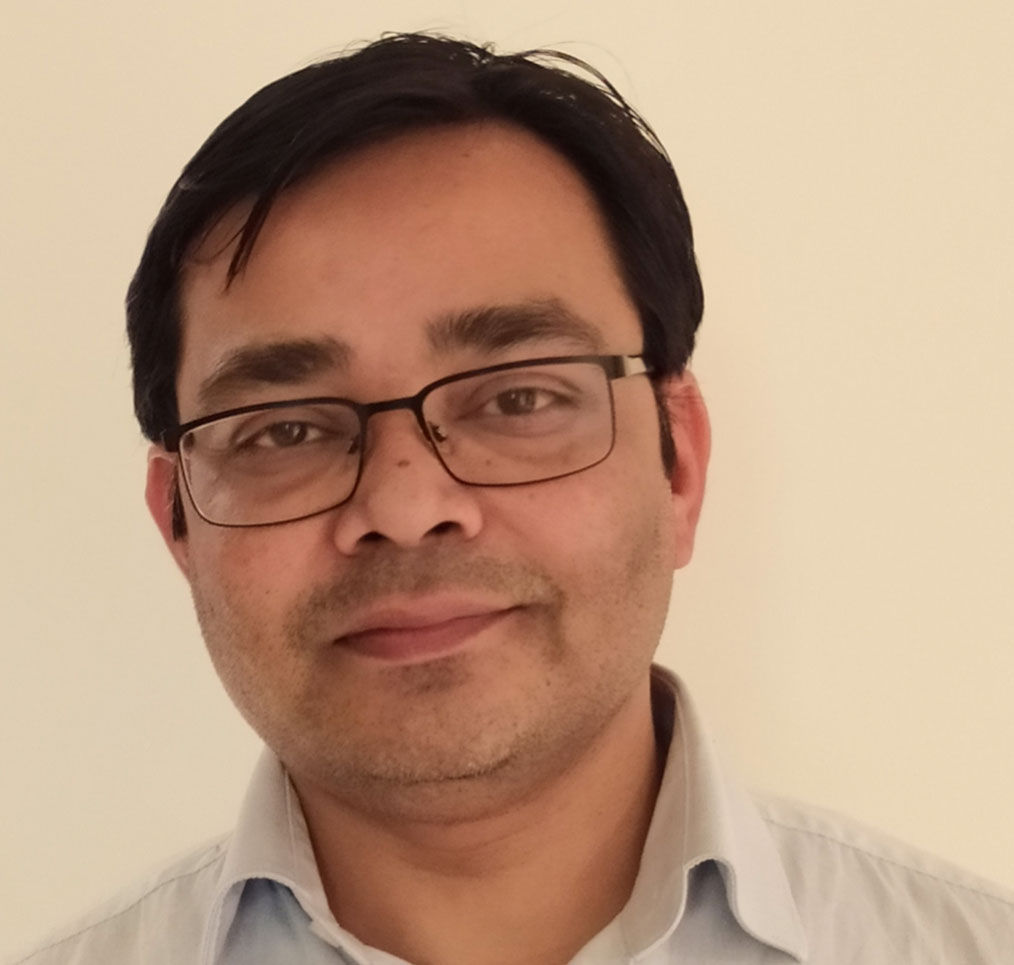
Dr. Mohammad Tauqeer Alam
Assistant Professor, Department of Biology, College of Science, United Arab Emirates University, Al Ain, Abu Dhabi, UAE
Dr Mohammad Tauqeer Alam is an Assistant Professor of Systems Biology & Omics at the Department of Biology, UAE University, Al Ain. In his research, Dr Alam studies metabolic interactions within and between cells using a combination of different approaches such as metabolic modelling, machine learning techniques, and high throughput omics data analysis (Metagenomics, Next-generation sequencing, RNAseq, Proteomics and Metabolomics). In his recent work, published in Nature Microbiology 2022, he studied how metabolic exchange between microorganisms benefit the overall community members in tolerating antimicrobial drugs. Another collaborative study, published in Cell 2023, showed the benefit of microbial cooperation in enhancing aging. Before joining UAEU, he was a Bioinformatics group leader at the University of Warwick, UK where he studied the global impact of metabolic enzyme inhibition on metabolism. Prior to the academic position, Dr Alam pursued postdoctoral research at the University of Cambridge, UK and another postdoctoral research at Radboud University Medical Centre, Netherlands. During that period, he completed several projects including modelling of complex diseases, as well as investigating microbial metabolic re-organisation due to genetic or environmental variations. He has obtained a PhD degree in Bioinformatics from the University of Groningen, Netherlands. In his research career, Dr Alam has worked on multi-disciplinary research fields. His ability to conduct high-quality research is demonstrated through publications in high-impact journals such as Nature, Cell, Nature Microbiology, Nature Communications, PNAS, eLIFE, and Nucleic Acids Research. His two articles were reviewed as “must-read” papers by the faculty of 1000 biology, and one paper as “Prime Recommended” by F1000.
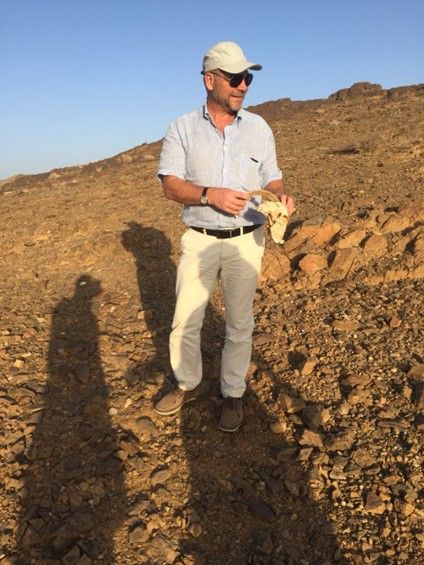
Prof. Heribert Hirt
Professor, Plant Science, Biological and Environmental Science and Engineering Division, King Abdullah University of Science and Technology, Saudi Arabia
Heribert Hirt studies how plants can adapt to abiotic or biotic stress conditions. He launched the Darwin21 project to bioprospect various deserts for beneficial microbes that can ultimately enhance plant survival and growth on hyperarid lands by increasing heat, drought and salt resistance. Heribert hypothesizes that with better understanding desertification and the plant-soil-biome ecosystem it is possible to revert hyperarid lands into functional ecosystems. His key research area is the study of desert soil, plants and microbes and their use in establishing natural sustainable systems in land restoration, landscaping and agriculture, without relying on chemicals or pesticides.

Dr. Khaled Hazzouri, PhD
Assistant professor research Khalifa Center for Genetic Engineering and Biotechnology (KCGEB) Al Ain, Abu Dhabi, UAE
Dr. Khaled Hazzouri is a distinguished population geneticist and evolutionary biologist who obtained his PhD in 2012 from the University of Toronto, Canada. During his graduate studies, he investigated the evolution of mating systems in Brasiccacea species, publishing notable findings in this field. Following this, he served as a postdoctoral fellow at NYU Abu Dhabi until 2017, where he explored date palm diversity and domestication, as well as natural variation in various Algal strains, leveraging genomics to produce significant contributions to these areas.
As a research assistant professor at Khalifa Center for Genetic Engineering and Biotechnology (KCGEB), Dr. Hazzouri's research interests have broadened beyond Brassicaceae, date palm, and algae species diversity to encompass a focus on understanding how species adapt and evolve to thrive in the harsh desert environments of the UAE, including their interactions with microbiomes. By combining population genomics with other cutting-edge omics tools, Dr. Hazzouri is able to generate powerful solutions that will pave the road for crop improvement through genomic selective breeding. His work has been highly regarded and widely recognized within the scientific community.
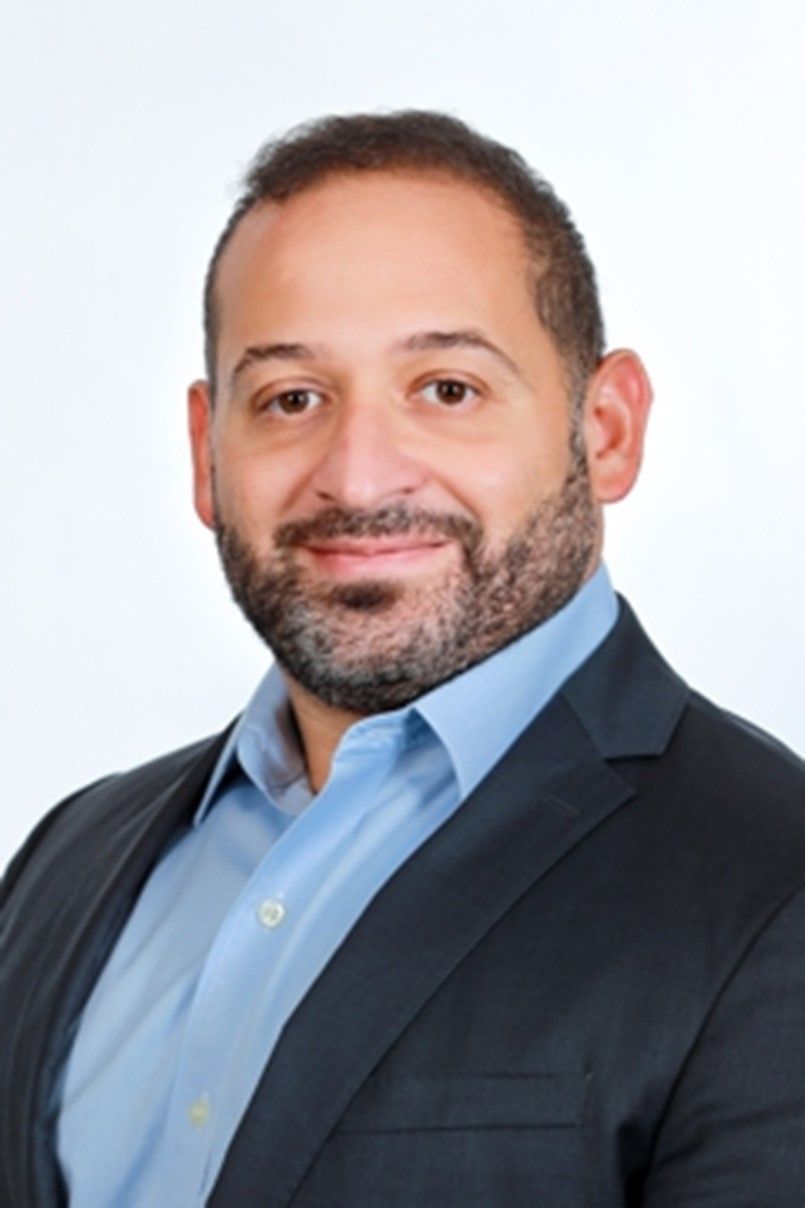
Dr. Ahmed F. Yousef
Associate Professor, Program Director, Pre-Medicine Bridge Program, Biology Khalifa University of Science and Technology, Abu Dhabi
Dr. Ahmed Yousef completed his MSc and PhD in Microbiology and Immunology from the University of Western Ontario in Canada. The focus of his graduate work was protein interactions and cellular networks, using viral oncogenes as tools to gain insight into these processes. His interest in commercializing science led him to earn a Master of Business Administration degree from the Richard Ivey School of Business in Canada, where his focus was entrepreneurship and the biotechnology sector. He also trained as a postdoctoral fellow at the University of California in Los Angeles, where he studied the biochemistry of DNA replication.
After completing his business degree, Dr. Yousef worked in intellectual property management and was involved in patent prosecution, IP licencing, and spin-off company formation. Just before joining Khalifa University, he was a faculty member at the Masdar Institute, where his lab studied environmental and water microbiology. While at Masdar Institute, he also taught graduate courses in applied microbiology and science entrepreneurship.
At Khalifa University, Dr. Yousef's laboratory studies microbial communities that exist in different environments, with a focus on those that develop in wastewater treatment systems. He also has an interest in wastewater epidemiology and tracking antimicrobial resistance markers in wastewater. Finally, his lab also works on projects aimed at developing biotechnology from microbes that are present in various UAE natural environments.

Dr Tiago Magalhaes
Director - Bioinformatics, G42 Healthcare, United Arab Emirates.
He is currently the Director of Bioinformatics at G42 Healthcare, which is a leading genomics organization, and currently has the largest cohort of long reads in the world. He is trained as a genomics scientist studying autism, diabetes, bowel cancer, and ancestry analysis. He is working on large-scale bioinformatics omics work (MGI, Illumina and ONT), analytics, computational biology, drug discovery, human resources supervision, business strategic thinking, and stakeholder management. He has a Ph.D in Neurodevelopment/Bioinformatics and an EMBA on management of research infrastructures. Before the current position, he was VP for Bioinformatics at Genomics Medicine Ireland and before that he was Executive Director at CCMAR, Portugal, a research organization for Marine sciences. He was the founder and CEO of a personalized medicine start-up, and advised several genomics start-ups, and VCs in the genomics space. He is currently an expert for the H2020 European Union programs and a reviewer for genomics journals.
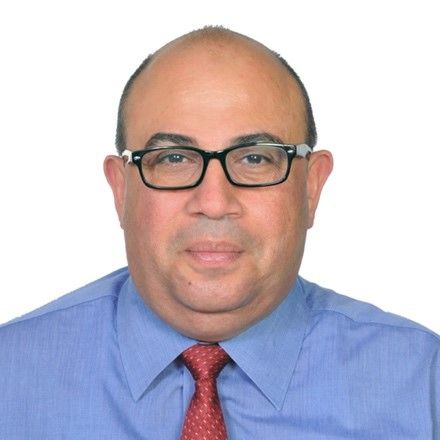
Prof. Khaled El-Tarabily
Professor at the Biology Department, College of Science, United Arab Emirates University, Al Ain, UAE.
He is also an adjunct professor at Harry Butler Institute, Murdoch University, Western Australia. He specializes in Environmental Microbiology and Plant Pathology. He obtained his PhD from Murdoch University in 1997. He taught a total of 17 different undergraduate courses in addition to 18 graduate courses in the Environmental Science, Molecular Biology and Biotechnology Master Programs and in the UAEU Ph.D. program. His research activities have been diversified over a number of topics including the use of beneficial microorganisms as biological fertilizers and as biological control agents to reduce the dependence on agrochemicals in the field of agriculture. He has authored or coauthored over 150 scientific papers. Dr. El-Tarabily represented the UAE University in a total of 114 international and local conferences. Among these, 64 were presentations in international conferences outside the UAE and 50 were in local and regional conferences within UAE or in the Arabian Gulf Area. Most of the journals he published in, belongs to the top 1%, 5% to the top 10% of the journals within the fields of applied microbiology and plant science. He has also supervised 25 Master students, and 6 PhD. students. As a result of his research accomplishments he was awarded 28 research grants from the UAE University and from external funding organizations (e.g. Emirates Foundation for Philanthropy, Japan Cooperation Center Petroleum (JCCP), and National Research Foundations (NRF), totaling to AED 4,700,100. Dr El-Tarabily also obtained 5 international patents from USA, UK and Hong Kong. Dr El-Tarabily is also an associate editor in different journals such as European Journal of Plant Pathology, Journal of General Plant Pathology, Letters in Applied Microbiology, Australasian Journal of Plant Pathology. Dr. El-Tarabily obtained many awards such as Al Owais Creative Award Round 25 for 2018, Rashid Bin Humaid Award for Culture and Science in 2017 and 2019, and Think Science competition in 2017 and 2019. Dr. El-Tarabily is a verified reviewer in a variety of international, peer reviewed journals. He reviewed 350 papers in 58 international journals from 2003 up to 2023. Dr. El-Tarabily also served the UAE community from an academic professional way by providing scientific consultancy to many sectors within the UAE.
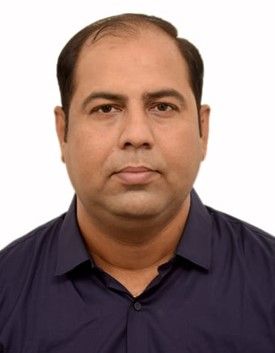
Dr. Manish Roorkiwal
Khalifa Center for Genetic Engineering and Biotechnology (KCGEB), United Arab Emirates University, UAE
Dr. Manish Roorkiwal is Genomic Breeding Lead at Khalifa Center for Genetic Engineering and Biotechnology. (KCGEB), United Arab Emirates University, UAE. With a basic background in molecular genetics and applied genomics, Dr. Roorkiwal has extensive research experience in improving the crop productivity of legumes in marginal environments using modern genetics and breeding approaches, including identifying candidate genes and their functional validation genomics-assisted breeding. With a strong interest in modern breeding approaches such as genomic selection, next-generation sequencing-based re-sequencing, and low-cost genotyping to enhance the use of markers in routine breeding. He is also known for leading efforts in developing cost-effective (low-, mid-, and high-density) genotyping platforms enabling markers in routine breeding programs. With a vast experience in international agriculture, he has published >100 research in high-impact journals, including Nature, Nature Biotechnology, Nature Genetics, Trends in Plant Science, Trends in Genetics, Plant Biotechnology Journal, etc. In addition to his credits, he has also contributed to developing and releasing several molecular breeding products for drought tolerance and disease resistance for commercial cultivation in India and Ethiopia. Manish is a dedicated Agriculture Scientist with expertise in Genomic Breeding, Plant Biotechnology, Genomics, and Next-generation sequencing.
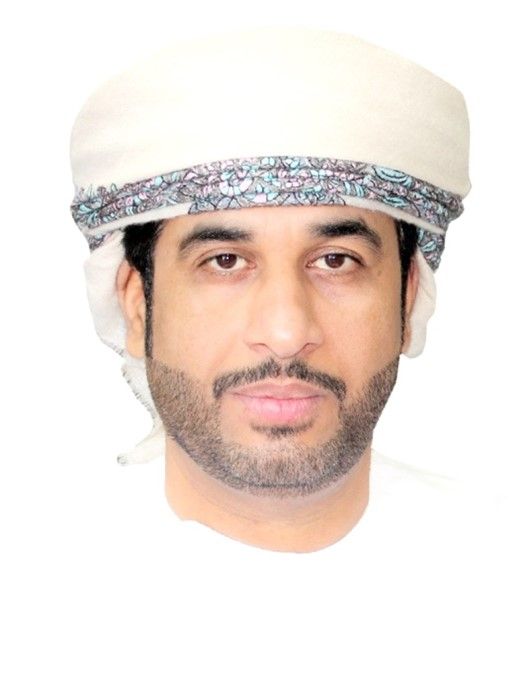
Prof. Abdullah M. Al-Sadi
Professor of plant pathology and the Dean of College of Agricultural and Marine Sciences at Sultan Qaboos University, Oman.
Prof. Al-Sadi received his PhD in plant pathology from the University of Queensland, Australia in 2007. His research focuses on plant soil microbiome and aetiology and management of plant diseases using chemical and biological control. Al-Sadi has over 400 publications, of which 256 are refereed papers in journals indexed in Scopus/WoS with a cumulative impact factor (WoS) of more than 760. In addition, he has supervised 64 PhD and MSc students and organized several national and international conferences/workshops. Al-Sadi received 39 national and international awards and recognitions. He is an editorial board member of 3 journals, including Scientific Reports (Nature Group, IF = 4.379). Al-Sadi led the discovery of 20 new fungal species to the world and led many national research teams and worked as an expert/collaborator in research studies in 15 countries. He participated in several strategic missions and more than 50 national and international committees.
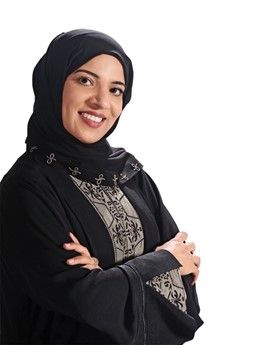
Dr. Habiba AlSafar
Director of Khalifa University Center for Biotechnology and an Associate Professor at the Biomedical Engineering Department in Khalifa University, Abu Dhabi, UAE.
Habiba alsafar is an Emirati research scholar who has a wealth of professional and educational experience. She obtained her Bachelor of Science (BSc) in biochemistry at San Diego State University, United States of America and later her Master of Science (MSc) in Medical Engineering at the University of Liverpool in the United Kingdom. She subsequently obtained her Doctor of Philosophy (PhD) in Medical and Forensic Science at the University of Western Australia in Australia. She has since completed a one-year Global Clinical Scholars Research Training program at Harvard Medical School. Her research interest is constructing the genomic structures of individuals of Arab descent to identify genomic segments that carry gene(s) that predispose to disease. Specifically, addressing diseases that are increasing in prevalence amongst the local communities of the UAE. Dr. Alsafar has identified a gene strongly associated with the prevalence of Type 2 diabetes among the Emirati population. This is the first Genome Wide Association Study of the UAE Bedouin population and first of its kind in the Middle East.
Her passion for genome has led to the description of the first whole genome sequence of Emirati subjects, insights into the genetic diversity of the population of the UAE and most recently, the description of a reference genome for the UAE population.
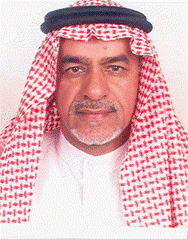
Prof. Mohammad Issa El Mouzan, MD
Professor of Pediatrics King Saud University and Consultant Pediatrician and Gastroenterologist, King Khalid University Hospital, King Saud University, Riyadh, Kingdom of Saudi Arabia King Saud University, Riyadh, Kingdom of Saudi Arabia
RESEARCH INTEREST:
- Nutrition and Growth in children.
- Gastroesophageal Reflux Disease.
- Inflammatory bowel diseases.
- Microbiome in children with immune-mediated diseases:
Inflammatory bowel diseases. Celiac disease.
More than 100 in local and international refereed journals. In General Pediatrics, Gastroenterology and Nutrition.
Follow Prof. Mohammad Issa El Mouzan, MD
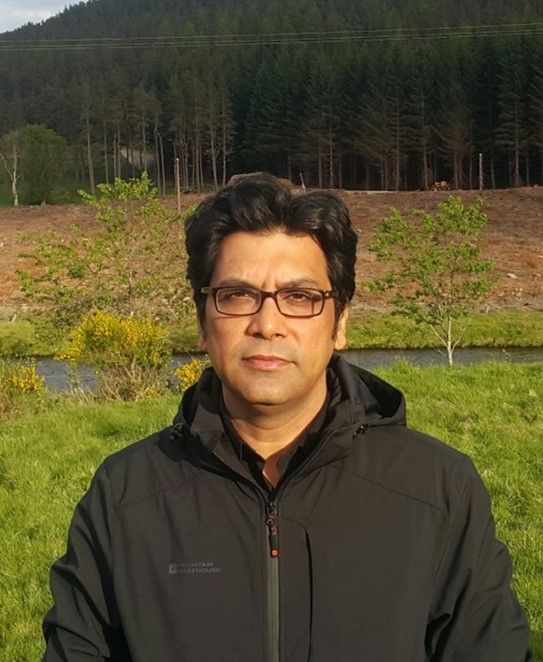
Prof Munawwar Ali Khan
Professor of Environmental Science and Sustainability in the Department of Life and Environmental Sciences, College of Natural and Health Sciences at Zayed University (ZU), Dubai, United Arab Emirates.
Prof Munawwar is a Professor of Environmental Science and Sustainability in the Department of Life and Environmental Sciences, College of Natural and Health Sciences at Zayed University (ZU), Dubai, United Arab Emirates. He received his PhD in 2001 in Environmental Engineering from the University of Tokyo, Japan. Currently, he serves the college administrative role of an Assistant Dean for Students Affairs on the Dubai campus of Zayed University. He joined ZU as an Associate Professor in August 2009. Before joining ZU, he was an Associate Professor of Biotechnology at the Manipal University Dubai campus from 2005 to 2009 and a lecturer/Assistant Professor at the Indian Institute of Technology(IIT) Roorkee between 2004 to 2006. Dr Munawwar has 20 years of teaching and research experience at various universities, including Zayed University, Manipal University, and the Indian Institute of Technology Roorkee (IITR). His teaching and research focus on environmental sciences, sustainability, and applied environmental microbiology. His research involves culture-dependent and independent approaches to studying microbial communities and antimicrobial resistance in natural and engineered ecosystems such as wastewater treatment, anaerobic digesters, and marine and soil environments. At present, he is involved in two research projects entitled “Developing effective microbial inoculants for improving urban agroecosystem productivity in the UAE” and the UAEU/ZU Joint Research project on “The impact of newly planted mangrove forest on the ecosystem carbon balance and microbial communities (MicroManC).
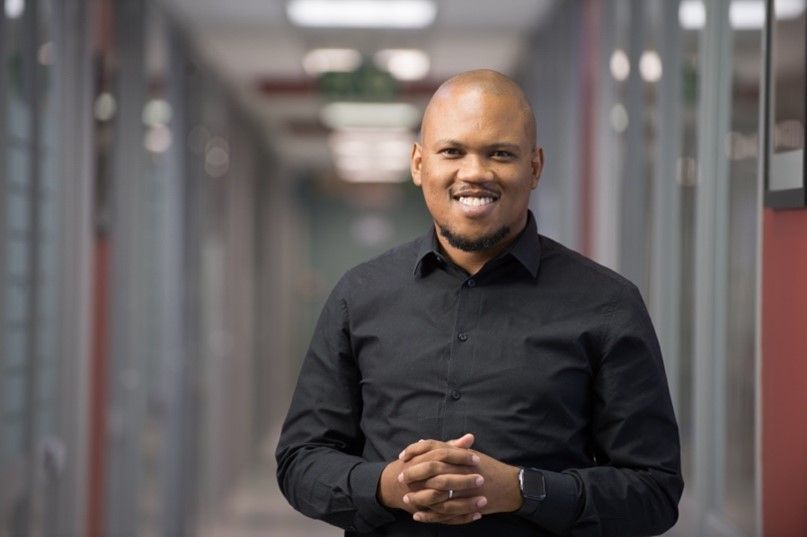
Prof Thulani Makhalanyane
Professor in the Department of Biochemistry, Genetics and Microbiology at the University of Pretoria in South Africa.
He earned his PhD at the University of the Western Cape in 2013 and his research focuses on understanding the ecology of microbial communities in extreme environments. He has coauthored over 70 publications in leading journals in microbial ecology. Thulani serves on several editorial boards and is currently serves as Senior Editor of the ISME Journal and mSystems. He also serves on national and international panels representing South Africa in bilateral discussions. Thulani was elected to the board of the ISME Society in October 2018 and is a member of the Executive Advisory Board.

Avinash Sharma, Ph.D
Scientist D, National Centre for Cell Science, Pune, India
Dr Avinash is a Scientist at the National Centre for Cell Science, Pune, India. His research focus is on the field of microbial ecology. He has obtained his PhD degree from GB Pant National Institute of Himalayan Environment and Development, Uttarakhand, India. To carry on his research in microbial ecology he has received DBT/Wellcome Trust Fellow.

Dr. Sunil Mundra
Assistant Professor, Department of Biology, College of Science, United Arab Emirates University, Al Ain, Abu Dhabi, UAE
Dr. Sunil Mundra is an Assistant Professor at the Department of Biology, United Arab Emirates University. He holds a PhD in Molecular Microbial Ecology from the University of Oslo (UiO, Norway) and has worked at the University Centre in Svalbard (UNIS, Longyearbyen). During his doctoral studies, he conducted pioneering research on spatial and temporal patterns in High-Arctic fungi using advanced high-throughput sequencing (HTS) techniques. Currently, he serves as the Principal Investigator of the “Microbial Ecology and Environmental Genomics” lab, which is engaged in cutting-edge research to comprehend the impact of climate and environmental changes on soil-plant-microbial tripartite interactions in diverse environments ranging from forests, polar to arid regions. His research interests are multifaceted and encompass identifying the intricate relationships between microbial diversity and ecosystem or host function. He employs state-of-the-art genomic and multi-omics approaches, including metagenomics analyses, microbial culturing, and machine learning to accomplish these objectives. Furthermore, his research vision extends beyond fundamental research to practical applications that can potentially improve agricultural productivity and environmental sustainability, with a particular focus on the arid environment. He has published more than 50 research papers in leading microbial ecology journals and currently supervising several Master and PhD students at UAEU. Additionally, he has been the recipient of the prestigious Abu Dhabi Young Investigator Award.

Professor Ramesh P. Arasaradnam, OBE
Professor of Gastroenterology at Warwick Medical School, University of Warwick and Leicester Cancer Centre, University of Leicester.
Professor Ramesh is currently the Academic Vice President of the Royal College of Physicians London and previous chair of the British Society of Gastroenterology (BSG). In 2020, as part of the Queen’s birthday honours, he received an OBE for services to the NHS during COVID. He has generated over £6m in research funding (including the National Institute for Health and Care Research (NIHR), UK) and published over 150 peer review articles. His research interest is varied from mechanistic insights into colon cancer, bile acid physiology, volatile organic compounds & the microbiome with clinical focus on novel diagnostic tools to improve clinical pathways.
